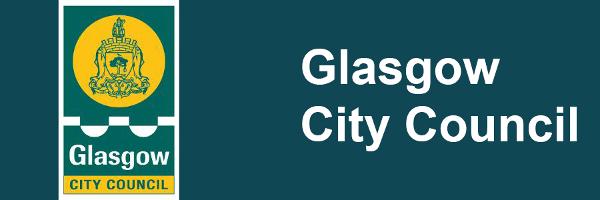Direct Payments
What is a direct payment?
A direct payment is one of the Self-directed Support Options that you can choose to access your Individual Budget. This is the amount that has been assessed as being required to pay for your care and support needs.
Your Individual Budget, or part of it, can be paid directly to you as Option1 - Direct Payment - to enable you to purchase the care and support as agreed with your Care Manager in your Support Plan.
A direct payment means that your individual budget will be given to you to arrange and pay for your care and support, instead of Glasgow City Council arranging the service for you.
What can a direct payment do for me?
Having a direct payment means you can:
- be more independent
- have more control over your life
- make your own choices
- have more flexibility in managing your care.
Who can have a direct payment?
Most people who have had a Social Work Services care needs assessment and are eligible for care and support can have a direct payment.
There are a few restrictions on having a direct payment, for example, if a person is subject to a court order for a drug or alcohol treatment programme or similar scheme. Also, if a person lacks capacity they must have an authorised person (for example Power of Attorney or Guardianship) to manage the direct payment on their behalf.
Can I get help to manage my direct payment?
Yes, you can get help to manage your direct payment from our support agency - Glasgow Centre for Inclusive Living (GCIL).
They can help you to:
- understand the Financial Procedures for Direct Payments (PDF, 678 KB) and your responsibilities
- arrange care from, and pay invoices to, your chosen care provider
- employ personal assistants, including writing job adverts, job descriptions and contracts of employment
- ensure you meet all payroll and HMRC responsibilities
- keep records about the money you spend
- set up Direct Debits and Standing Orders.
Do I have to have a financial assessment?
Yes, a financial assessment (PDF, 3 MB) will determine how much contribution you may have to pay towards your care and support. Your Care Manager will make a referral to the Financial Assessment and Income Team (FAIT), who will contact you to make arrangements to complete the Financial Assessment (FA1) form.
How will my direct payment be made?
Your direct payment will be paid every 4 weeks, (in advance) minus any contribution you have to make. Payments will be automatically uploaded to your Prepaid card, which you can then operate like a normal bank debit card.
What can I use a direct payment for?
You can use a direct payment to pay for your care and support needs, as long as what you buy meets the outcomes that have been agreed in your Support Plan, and are based on your assessment.
These might include:
- purchasing care and support from a provider agency
- employing a carer (Personal Assistant)
- joining a club, paying for activities
- buying specific equipment
Is there anything that I cannot use a direct payment for?
Yes, there are some things that are not allowed, for example:
- anything that is not detailed in your care and support plan
- food and drink
- health care needs
- gambling
- long term care in a care home
- anything that is against the law
- to pay your husband, wife, civil partner or a close relative who lives with you or provides care for you.
Will I have to tell you what I have spent the direct payment on?
Yes, you will need to maintain records and receipts for the money that you have spent. We will carry out regular audits of your prepaid card account to ensure that the direct payment is being managed in accordance with the Financial Procedures for Direct Payments (PDF, 678 KB) and is meeting your agreed outcomes.
If I do not spend all of the direct payment, can I keep the money?
No, the money can only be spent as agreed in your Support Plan. If you do not spend all of the money, this will be recovered by Glasgow City Council.
Related Links




